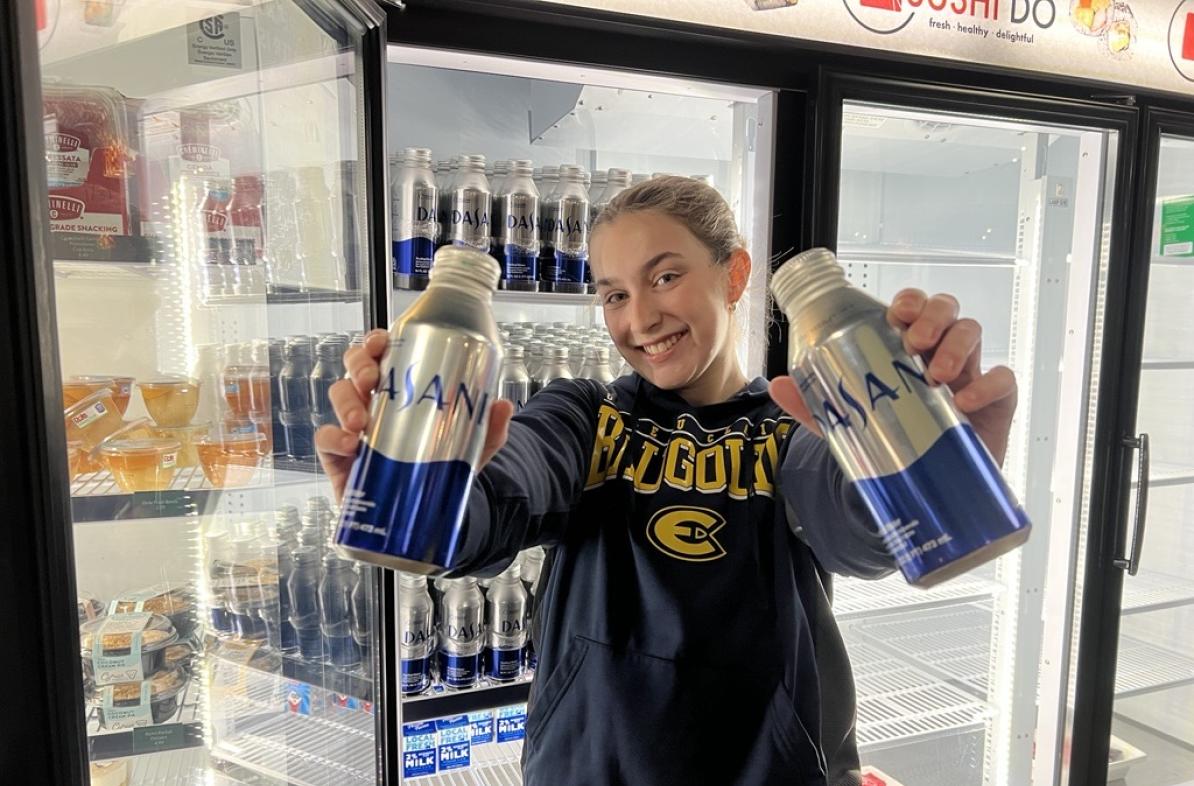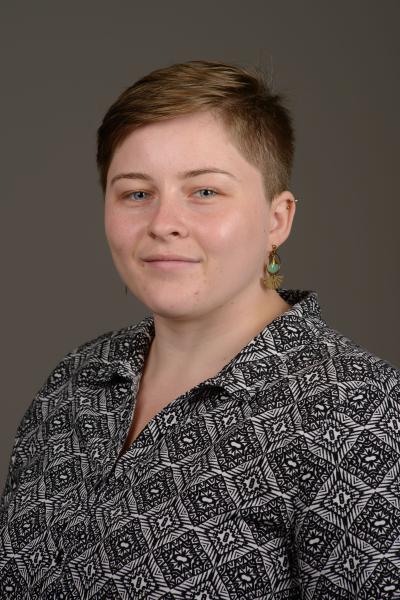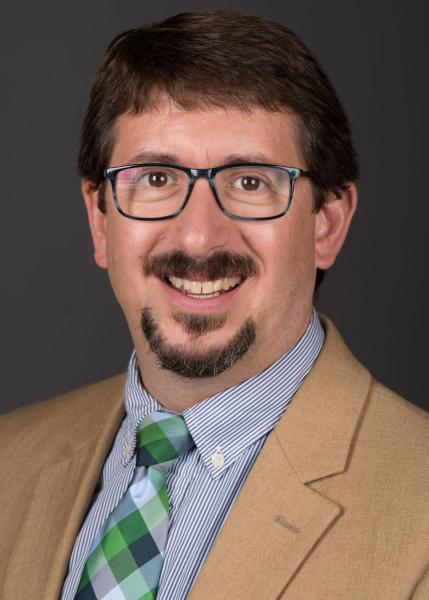Featured Image
For the media

Title
Aluminum cans replace plastic water bottles in Blugold Dining
Story Categories
Authored on
Aluminum cans replace plastic water bottles in Blugold Dining
Published on:





